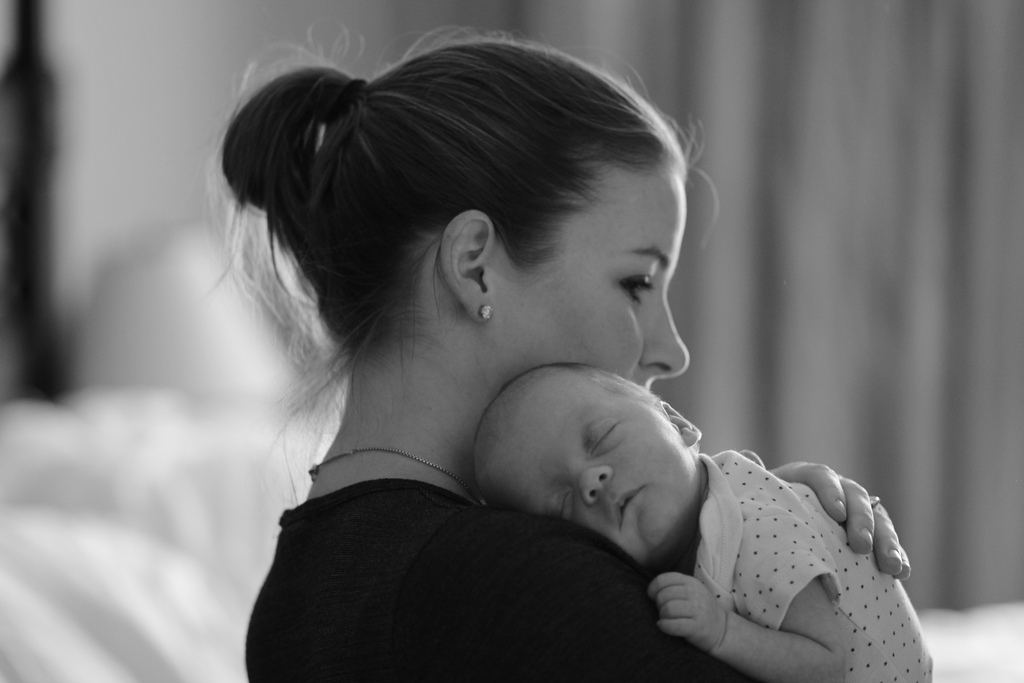Parenting a toddler 101
- Introduction to Modern Parenting
- Understanding Toddlers
- Healthy Sleep Habits
- Nutritional Needs for Toddlers
- Managing Food Picky Eaters
- Active Play and Exercise
- Positive Discipline Techniques
- Emotional Well-being and Resilience
- Fostering Social Skills
- Preparing for Preschool
- Child Safety Basics
- Basic Emergency Protocols
- Conclusion and Taking the Next Steps
Introduction to Modern Parenting
Changes in Parenting Styles Over Time

Psychological construct for standard strategies that parents use in child rearing.
Parenting styles have evolved significantly over the years, influenced by societal changes, research findings, and shifts in cultural norms. Understanding these changes can provide valuable insights into the dynamics of modern parenting.
Historical Parenting Styles
Historically, parenting was often authoritarian, characterized by strict rules and high expectations. Parents were the ultimate authority, and children were expected to obey without question. This style was largely influenced by societal norms and expectations, where obedience and respect for authority were highly valued.
The Shift to Authoritative Parenting
Over time, research began to highlight the potential negative impacts of authoritarian parenting, such as low self-esteem and poor social skills. This led to a shift towards more authoritative parenting, which balances clear rules and expectations with warmth, understanding, and open communication.
Authoritative parents set clear boundaries but also encourage independence and critical thinking. They are responsive to their children's needs and are willing to engage in discussions and negotiations. Research has shown that children raised by authoritative parents tend to be more confident, socially adept, and academically successful.
The Rise of Permissive and Uninvolved Parenting
In recent decades, we've also seen the rise of permissive and uninvolved parenting styles. Permissive parents are very responsive and warm but set few rules or expectations. They often act more like a friend than a parent. While this style can foster creativity and self-expression, it can also lead to difficulties with self-control and responsibility.
Uninvolved parents, on the other hand, provide little guidance or attention, often due to stress, work demands, or lack of knowledge. This style can lead to a range of negative outcomes, including poor academic performance and behavioral issues.
The Impact of Changes on Child Development
These shifts in parenting styles have had significant impacts on child development. While authoritarian parenting can provide structure and discipline, it can also stifle creativity and independence. Authoritative parenting, with its balance of rules and warmth, tends to produce the most positive outcomes. However, permissive and uninvolved parenting can lead to challenges with self-discipline and emotional regulation.
In conclusion, understanding these changes in parenting styles can help us better understand the complexities of modern parenting. It highlights the need for a balanced approach that combines clear expectations with warmth, understanding, and flexibility.